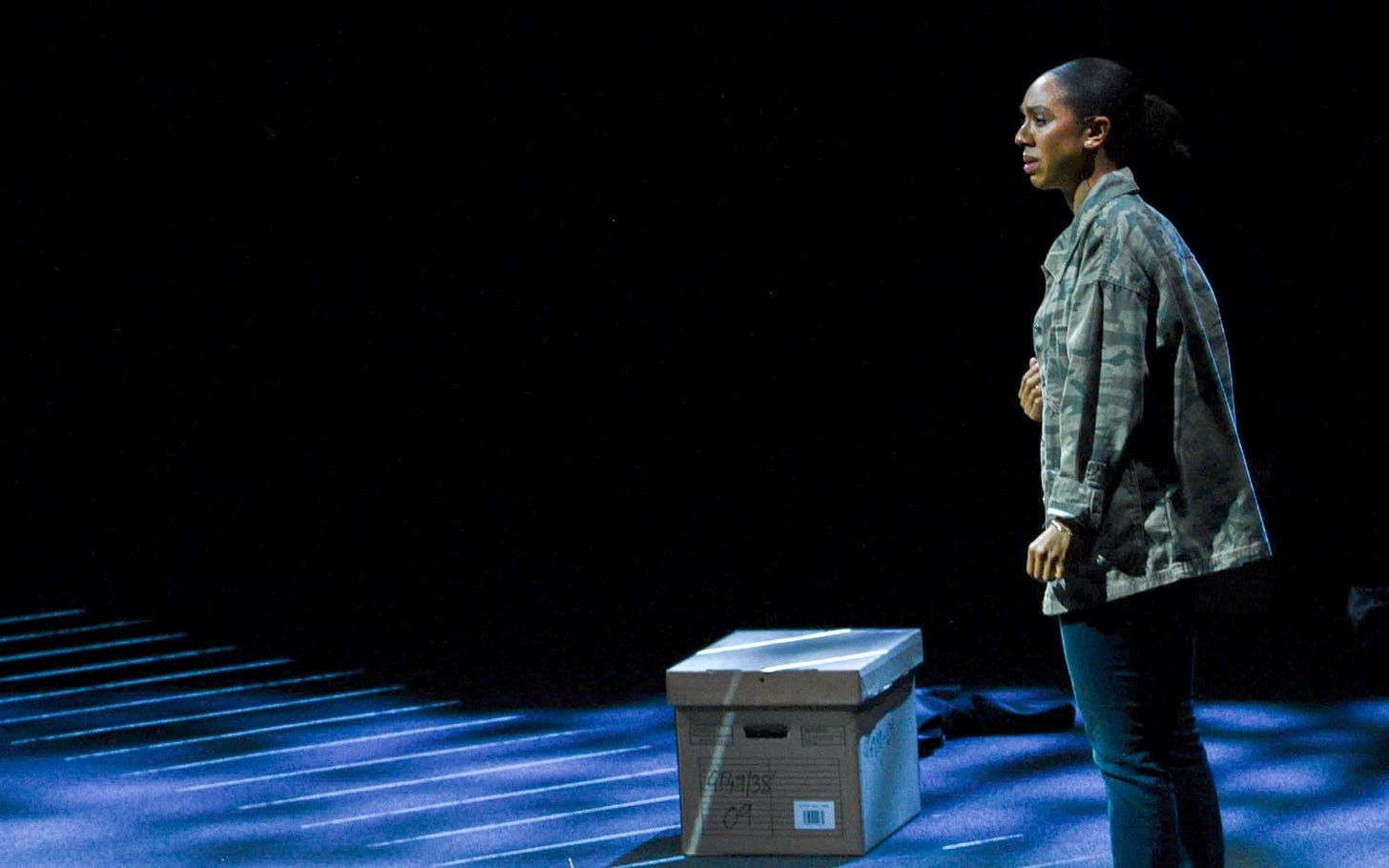It Might Not Be Fine
Plus: Seven Things on maps, turning passions into business, data viz, and more
Hello friends!
Here’s what’s in this edition:
One — A story about caring and the consequences of its absence
Two — Seven Things on maps, turning passions into business, data viz, and more.
1. It Might Not Be Fine - On Negligence
Seventy-two human beings perished in the fire of Grenfell Tower. Eighteen were children, one of whom hadn't been born yet. It was the UK's most disastrous residential fire since the War. Its cause: a combination of failures on the part of the government, industry, local councillors, and emergency services, that allowed this tragedy to unfold and added insult to injury. Yet, six years on, there's still no accountability for those responsible.
I learned this in the verbatim play "Grenfell", which detailed the events surrounding the fire using the testimony of survivors; a performance so powerful and gut-wrenching, I still tear up as I'm typing this. What makes such events feel even worse is how utterly avoidable they’d have been. So exiting the theatre, my thoughts circled around one central theme: negligence.
Negligence plays out in many ways and at different scales. Maybe at some point in your life, you or someone you care about fell victim to someone's carelessness. In my family, almost everyone has. It doesn't have to be a life-or-death situation in order to have serious consequences. And so lately, I've been haunted by this question: When had I last been negligent? Did I cause unnecessary work for a colleague? Did I break a promise? Did a delay on my part leave someone else in limbo? I got a bit paranoid, but maybe that’s a good thing.
Negligence is defined as "failure to take proper care over something". In legal terms, it's a "breach of a duty of care which results in damage". As members of a wider society, we all have a duty of care towards one another. It's not just about large-scale disasters; it's about those moments when we're not as attentive as we should be and fail to react to others' carelessness. It's in the missed deadline, the forgotten promise, the neglected detail.
At the same time, it's important to recognise that negligence often isn't intentional. Negligence isn't always malice. It's usually the result of being overwhelmed, distracted, or unaware. Recognising this can help us approach situations with understanding rather than blame and points us towards how we can be more attentive:
Reflect: Regular self-reflection can reveal patterns of carelessness. Often, we assume "it will be fine", but we must think about potential consequences of our actions and inaction.
Prioritise: Being overwhelmed can lead to indifference and carelessness. We can reduce this risk by managing our schedules, seeking help when needed, and escalating matters when things get risky.
Learn: Dealing with matters we don't truly understand, in other words, ignorance, is a quick path towards negligent disaster. If we're unsure about something, we need to seek advice or delegate to someone more knowledgeable.
Empathise: Putting ourselves in others' shoes helps us think about the impact of our actions (or inaction) on them. When we are on the receiving end of carelessness, a fact-based dialogue can lead to positive change.
Respond: If we see potential for harm, the initial instinct might be to keep our heads down and move on with our lives. But we can think twice and sacrifice a little time and energy to do what we can to prevent harm to others, even if it seems unlikely to materialise.
While we can't prevent all tragedies, more care and attention can snowball into making a significant difference in our communities.
You can find out more about the Grenfell fire and support survivors on GrenfellUnited.org.uk.
Photo: Pearl Mackie in the National Theatre’s Grenfell. Photo by Myah Jeffers.
2. Seven Things I thought were worth sharing
Personal Growth: Dropbox asks creative entrepreneurs how to turn a passion into a business without losing its joy
Creator Showcase: When I was little, I wanted to be an explorer and drew adventure maps in Microsoft Paint for days. Stunning collections of unusual and creative maps like Mapzilla still make me happy.
Design: The Fallen uses interactive data visualisation to put the deaths of WWII into perspective
Art: In case you missed it, Refik Anadol’s Unsupervised AI art can still be seen popping off the wall at the MOMA
Technology: AI is everywhere and in everything (see above and below). Just how much can be seen in the latest AI image statistics and Stanford HAI’s AI report
Sustainability: Ads fund good things (sometimes). Like this Google project that aims to change flight paths to prevent atmosphere-warming contrails.
Fun/Entertainment: Here in London September 1st hit and BANG! autumn is here. At least online we can still enjoy a balmy Summer Afternoon



